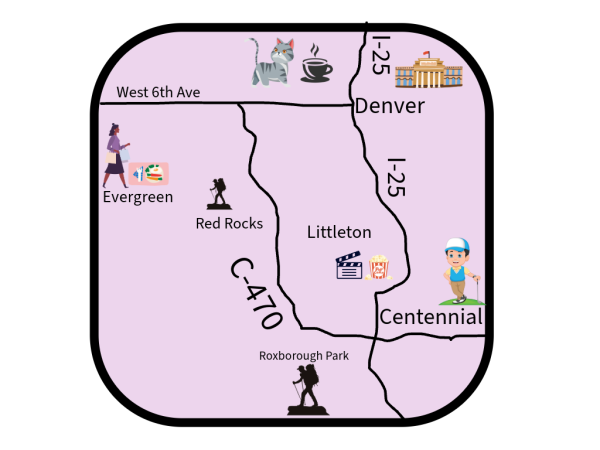How Routines Can Be Important For Improving Health

Routines often lead to a productive day of work, leaving you less stressed and feeling accomplished.
January 27, 2021
Routines are what set the mood for the day — they can both positively and negatively influence a person’s day — but it is up to the individual to decide. According to Central Counseling Services, everyone has a biological clock called the Circadian rhythm that can affect your mental health. Having routines could help improve mental health, as well as mood, physical health, stress, anxiety, focus, and more.
“I think that they (routines) are so important because they are the first thing you do in the day and the last thing you do at night,” sophomore Lena Miller said.
Morning and night routines don’t have to be complex; the little actions are just as good at helping improve these aspects of life. For example, making your bed every day makes you feel accomplished and more in control of the day.
For anyone, mental health is an important part of life to pay attention to and improve. Although it can be hard to stay motivated when starting your routines, after a short while they become natural and positively influence your life.
“I believe that routines make for a more productive day, as well as a solid way to stay on track with plans, and being healthy,” sophomore Sarah Schroeder said.

Tips:
#1:
One of the toughest parts of the morning is waking up. To help this, some type of exercise could be key in starting your day out right. Exercise could include cardio, muscle and bone strengthening, stretching, balance, and more, all of which can be found on the internet to guide you. Lots of people use yoga in the morning, which is a type of meditation, to help with focus, loosening up, or to relieve stress and anxiety. If you are not one for activity, there are other types of meditation to prepare your mind and body for the day.
#2:
Not only is showering good for your hygiene, it also is a good way to get ready for the rest of the day. Cold showers relax muscles, improve circulation, and make you more alert throughout the day. Hot showers improve sleep, muscle/joint health, and relieve respiratory problems.

#3:
To prepare for an eventful day, eating breakfast is one of the most important steps in a morning routine. Studies have shown that eating breakfast improves health, energy, concentration, mood, and more, but it is important to get good sleep the night before because sometimes this can lessen the appeal of food.
#4:
To stay more organized during the day, you can make a quick to-do list or plan out what you want your day to look like. Many find that they feel accomplished when they write their tasks down. By the end of the day, you can write in a journal about what happened in the recent hours, what makes you happy, how you feel, etc. Writing in a journal can help gain control of emotions and might help a person relax at the end of each day.
#5:
It’s beneficial to watch or read the news at least once a day to broaden a person’s knowledge and be informed. Reading, in general, helps develop an open mind and boosts the ability to listen and comprehend things. Similarly, music improves a person’s memory and mood, reduces stress/anxiety, provides comfort, and much more.
Having routines can simply make effective use of your time because without a routine the time typically goes straight out the door. Why waste time sitting on your phone or laying in bed, when you can get prepared and energized for the day instead?












